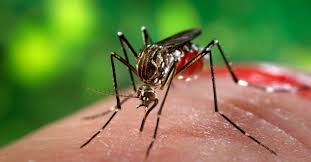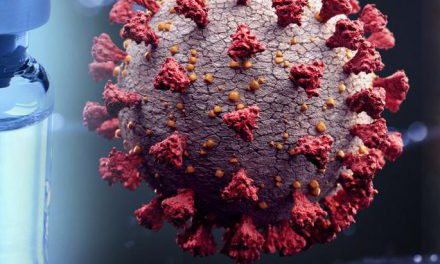Researchers have identified a drug, nitisinone, that could make human blood toxic to mosquitoes, offering a novel approach to combating malaria. This discovery comes at a crucial time, as traditional methods like insecticide spraying and bed nets face increasing challenges due to mosquito resistance and behavioral changes.
The current strategies for preventing malaria rely heavily on avoiding mosquito bites. However, mosquitoes are adapting, exhibiting resistance to insecticides and altering their feeding habits to avoid treated indoor environments. This necessitates the exploration of new, innovative solutions.
A recent study, published in Science Translational Medicine, highlights the potential of nitisinone, a drug typically used to treat rare genetic disorders, as an effective endectocide. Endectocides are antiparasitic drugs that, when ingested by humans or animals, render their blood toxic to blood-feeding insects like mosquitoes.
Prof. Lee Haines from the University of Notre Dame, a co-leader of the study, explained that these drugs can reduce the lifespan of insects even at sublethal doses, thereby hindering pathogen development. The research compared nitisinone to ivermectin, another endectocide, and found that nitisinone demonstrated “fantastic” performance.
“We thought that if we wanted to go down this route, nitisinone had to perform better than ivermectin. Indeed, nitisinone performance was fantastic; it has a much longer half-life in human blood than ivermectin, which means its mosquitocidal activity remains circulating in the human body for much longer,” said Prof. Álvaro Acosta Serrano, also from the University of Notre Dame and Liverpool School of Tropical Medicine.
Nitisinone works by inhibiting an enzyme, 4-hydroxyphenylpyruvate dioxygenase (HPPD), in both humans and mosquitoes. In mosquitoes, this inhibition disrupts blood digestion, leading to their death. The drug’s extended half-life in human blood is a significant advantage, ensuring prolonged mosquitocidal activity.
Furthermore, nitisinone’s specificity for blood-sucking insects makes it an environmentally friendly option. Researchers suggest that alternating nitisinone and ivermectin use could be beneficial, particularly in areas with ivermectin resistance or high ivermectin usage in livestock and humans.
The next phase of research will involve semi-field trials to determine the optimal nitisinone dosages for real-world application. This research indicates that nitisinone could be a powerful tool in conjunction with existing malaria control strategies, including antimalarial drugs, bed nets, and vaccines.
Disclaimer: This news article is based on research findings and does not constitute medical advice. The use of nitisinone for mosquito control is still in the experimental phase. Further research and clinical trials are necessary to determine its safety and efficacy for widespread use. Individuals should not attempt to use nitisinone or any other medication without consulting a qualified healthcare professional.












